Emirates’ Sir Tim Clark has reiterated his desire to see the production of a revamped, more efficient Airbus A380 aircraft. The Dubai-based carrier operates the largest A380 fleet, with over a hundred aircraft in its fleet.
In fact, the airline’s chief would like for an enhanced A380 to be produced. Emirates uses the A380 to operate a bulk of the scheduled services in its route network.
Moreover, the superjumbo has proven invaluable for Emirates, which operates a hub and spoke business model, connecting passengers from all over the world through its Dubai hub.
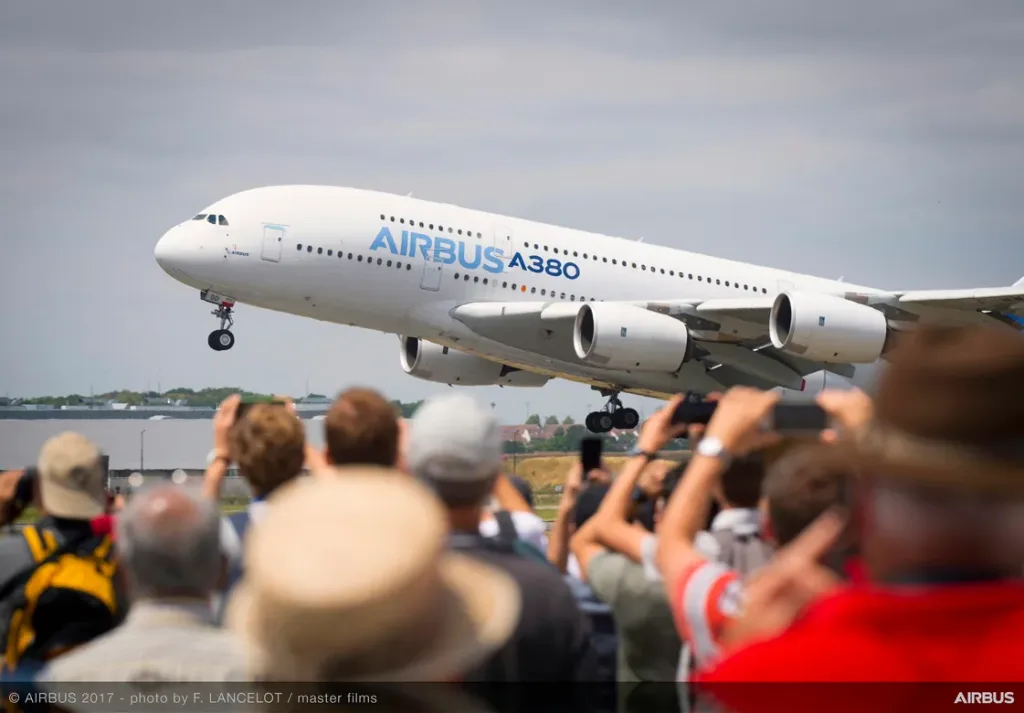
Emirates’ president Sir Tim Clark says that the airline would be very interested in operating next-generation Airbus A380s which offer several benefits over the current model. However, Airbus no longer produces the iconic A380 aircraft.
The European aircraft manufacturer ceased production of the A380 in 2021 due to a downturn in global aviation, brought on by the Covid-19 pandemic. Reduced demand for passenger flights led to several airlines either scrapping their A380s or placing them into long-term storage.
Clark says that Emirates would like for Airbus to bring the A380 back to the market, but with new technology which would produce an enhanced aircraft that offers many benefits over the previous model.
Executive Traveller reports that Clark has even referred a blueprint for a revamped A380, which incorporates various enhancements, to Airbus.
“I still have a design in front of Airbus as to how they could build a new one which would be 25% cheaper to run, far more fuel-efficient than this one,” Clark said.
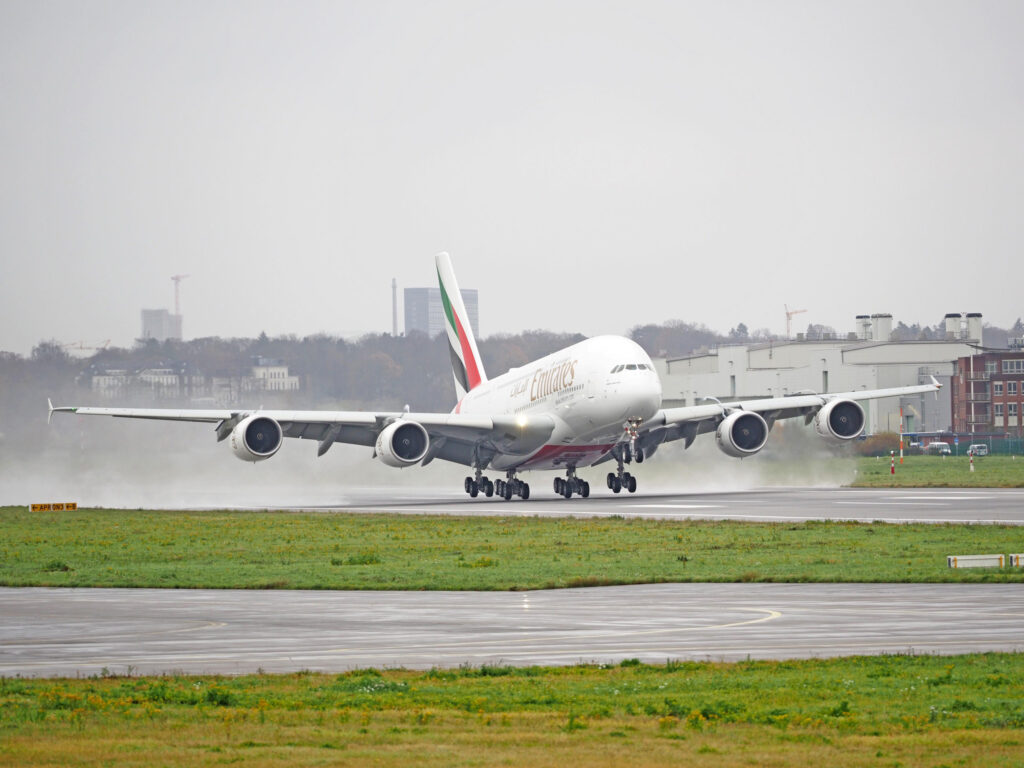
Emirates Enthusiastic About Revamped Airbus A380
Clark says several design elements could be improved to render a new A380 that is more efficient to operate. He feels the tail and wings should be redesigned and that more efficient engines should be used on the A380.
More efficient engines would be essential to reduce fuel consumption for the A380. Clark believes the blueprint for a new A380 might result in fuel savings of at least 20 to 25%.
He says that the UltraFan engine being developed by Rolls-Royce could be the answer for a redesigned A380. This is because it requires less fuel but can deliver an enormous amount of thrust.
To make the next-generation A380 lighter and more fuel-efficient, the aircraft should also be produced with composite materials – which Airbus is already using for the wings and fuselage of its Airbus A350.
These materials were not widely used when Airbus developed the first A380 twenty years ago. But, with significant advances in aeronautical engineering, today’s aircraft are far more efficient. As an operator of many A380s Emirates can point out where the model can be improved.
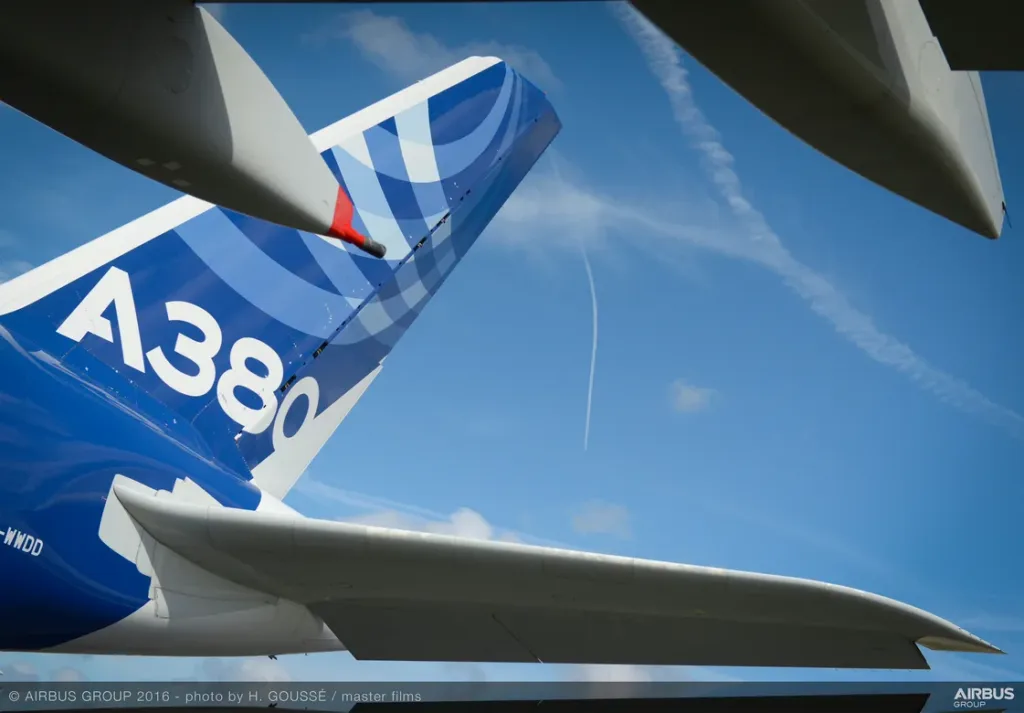
Furthermore, a redesigned and improved next-generation Airbus A380 (dubbed the A380neo) would be appealing to airlines – which are seeing rising passenger demand. Moreover, the spacious aircraft provides exceptional comfort and a good passenger experience.
The added space onboard the aircraft allows airlines to offer the premium experience of private first-class suites with showers and a cocktail bar on the upper deck.
Huge Capital Investment Required
Clark’s desire for a new A380 has been considered by Airbus. However, the aircraft manufacturer would require a large sum of money to produce a new A380. Airbus says it would consider Clark’s proposal if Emirates would put up the funds.
“They said, ‘Well, if you give us €20 billion, we’ll do it for you!’” Clark said.
Though eager for a new and improved A380, Clark feels that it is up to Airbus to make the investment. However, if a new A380 model entered production, Clark says that Emirates would be very happy to order it.
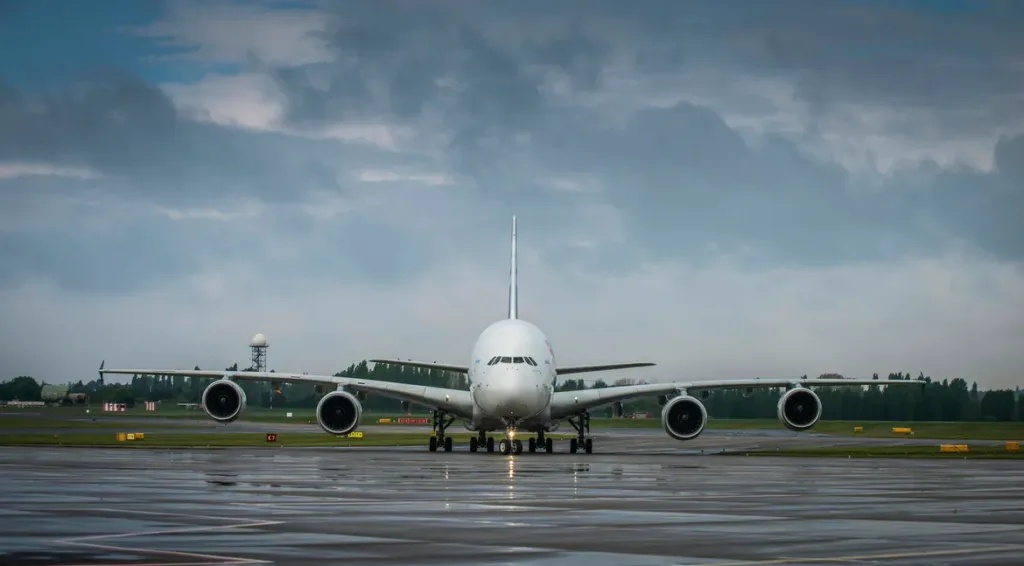
But just how soon could a new Airbus A380neo be seen in the skies? The answer is ‘not anytime soon’.
This is because the delivery time for all new aircraft is lengthy. The build time required for modern commercial aircraft is significant, especially for widebody aircraft.
With global passenger demand on the rise, some airlines have brought stored A380s back into service. Others cannot keep up with demand and wish that manufacturers could produce widebody aircraft faster.
Please join our Telegram Channel for the latest aviation updates.

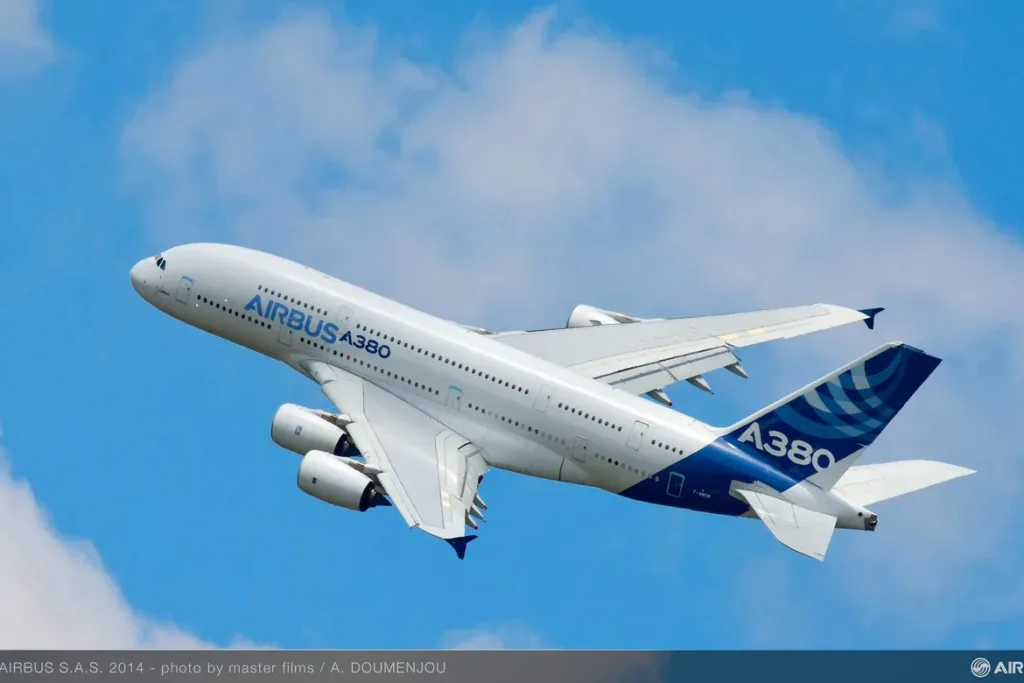
2 Comments
Pingback: From Dubai to the World: Emirates’ Top 100 Busiest Routes
Pingback: Why Emirates Purchased 4 Airbus A380s for Just $180 Million? - Aero World